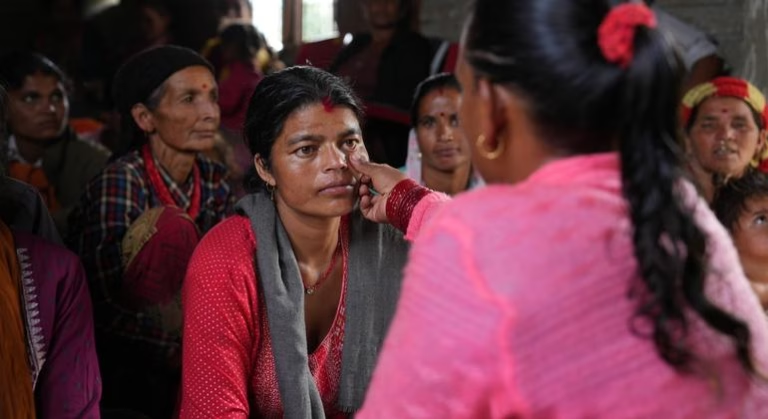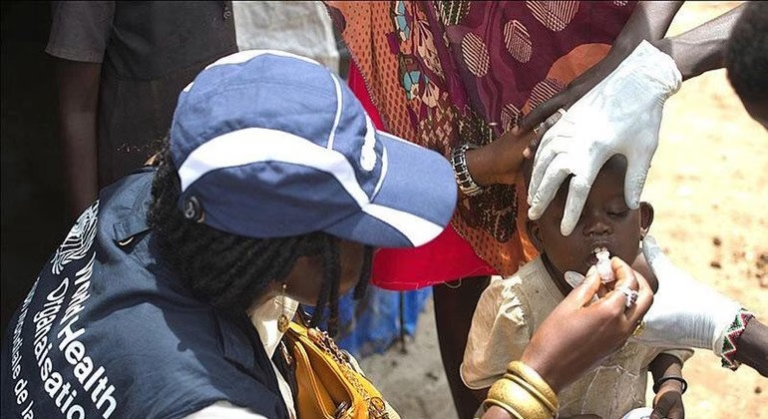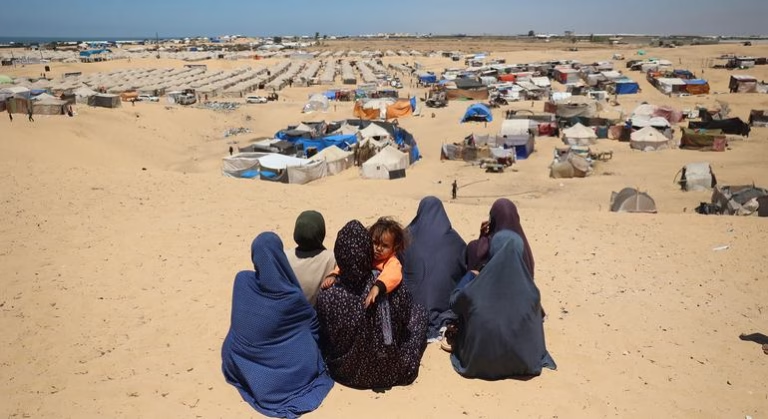The United Nations Population Fund (UNFPA) recently revealed its flagship report, “State of World Population,” highlighting the challenges people face in starting families due to factors such as high living costs, gender inequality, and uncertainty about the future. The report emphasizes that the real issue at hand is the lack of freedom individuals have to decide when and whether to have children.
Conducted in 14 countries, representing 37% of the global population, a UNFPA/YouGov survey formed the basis of the report. The findings indicate that economic constraints are the primary reason for having fewer children than desired, followed by concerns about the future and job insecurity. Additionally, unequal distribution of domestic labor and societal pressure were also significant factors.
The report strongly advises against simplistic and coercive approaches to address declining birth rates, such as baby bonuses or fertility targets, as these measures can be ineffective and violate human rights. Instead, it calls on governments to expand choice and remove barriers to parenthood by investing in affordable parenthood through housing, decent work, paid parental leave, and access to comprehensive reproductive health services.
UNFPA also encourages governments to view immigration as a strategy to address labor shortages and maintain economic productivity in the face of declining fertility rates. Furthermore, the report urges for actions to address gender inequality, including challenges faced by involved fathers, workplace norms pushing mothers out of the workforce, restrictions on reproductive rights, and widening gender gaps among younger generations.
Source: https://news.un.org/feed/view/en/story/2025/06/1164176









